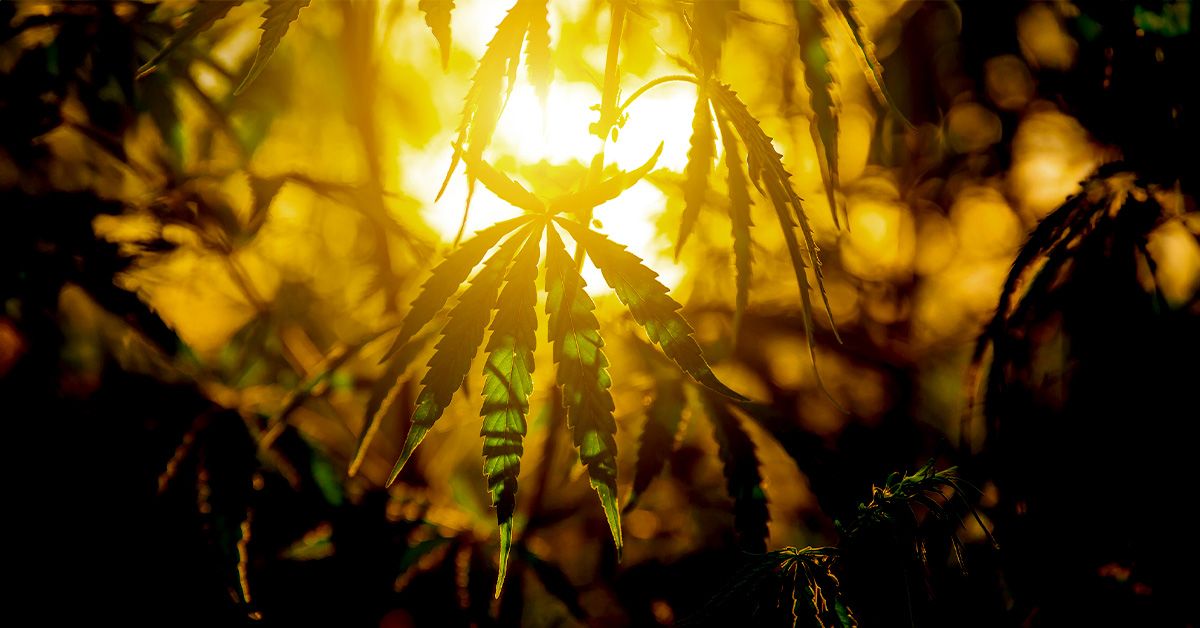CBD has been shown to have potential protective benefits against UVA radiation, which can cause aging and lead to cancer. A small study involving 19 participants found that skin treated with a CBD cream had less redness after exposure to high levels of UV radiation. However, experts caution that more research is needed and CBD should not replace sunscreen. CBD may be used in the future alongside sunscreen to help protect the skin from sun damage, according to new research from the George Washington School of Medicine.
The study involved participants with pale skin types who applied a CBD cream to one buttock and a placebo cream to the other twice a day for 14 days. After exposure to three times the amount of UV radiation needed to injure the skin, biopsies were taken. Results showed that the skin treated with CBD had less redness, reduced skin thickening, and decreased DNA damage compared to the skin treated with the placebo cream. Published in the Journal of the American Academy of Dermatology, this research sheds light on the potential benefits of CBD in protecting the skin from UVA radiation.
While the study is a good starting point, experts emphasize the need for more research to understand the full potential of CBD in protecting the skin. Limitations of the study include the small number of participants and lack of diversity in skin types. Researchers suggest that CBD may offer additional protection against UVA radiation, but it should not be used as a replacement for sunscreen. Future studies may involve active controls like commercially available UVA filters to assess the additional protective benefits of CBD.
CBD is a non-intoxicating compound derived from the cannabis plant and has gained popularity for its various potential health benefits. It is often used for pain relief, anxiety, and depression. Despite its safety profile, CBD carries a stigma that can deter patients and healthcare providers from exploring its potential therapeutic uses. The GWU researchers stress that their study does not advocate for replacing sunscreen with CBD creams, but rather highlights the potential of CBD as an additional protective measure against UVA radiation.
The interest in CBD has grown significantly, prompting the need for continued research to validate its potential benefits. Dr. Friedman notes the importance of investing in research to prove the claims surrounding CBD and its therapeutic properties. While CBD shows promise in protecting the skin from UVA radiation, it is crucial to understand that it should complement and not replace sunscreen. Dr. Yafai emphasizes the need to educate individuals on the safety and effectiveness of CBD and shift perspectives to recognize its value in healthcare.
Overall, the research on CBD’s protective benefits against UVA radiation is promising but requires further exploration. While CBD may offer additional protection for the skin, sunscreen remains a crucial component in sun protection. Continued research and education are essential to fully understand the potential benefits of CBD and its role in skincare. As the stigma surrounding CBD diminishes, more individuals may be open to exploring its therapeutic uses and incorporating it into their skincare routines for added protection against sun damage.











